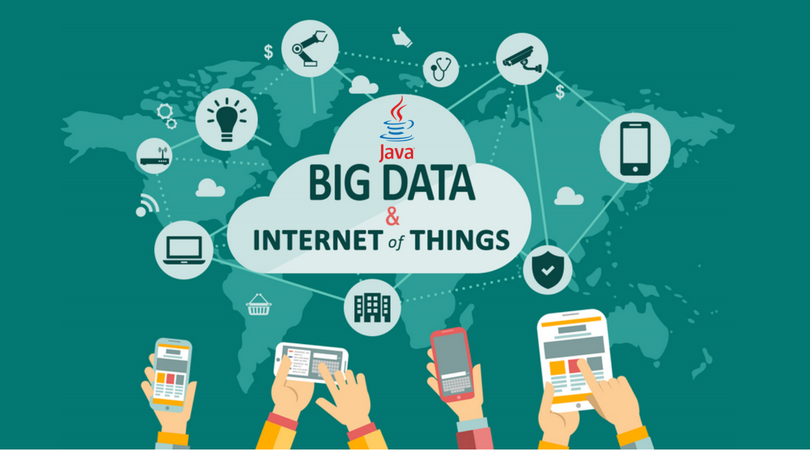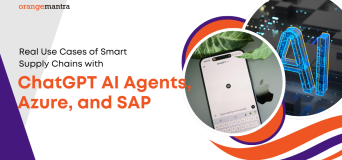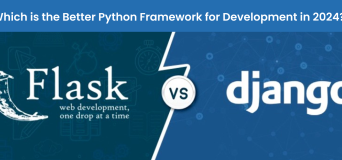Over the last few years, businesses have realized the unmatched potential that data holds. With this, more and more of them are embracing the concept of Big Data to unlock the value of data to get rich insights. The challenge, however, lies in handling the sheer volume, velocity, and variety of information that the business generates on a daily basis. This information comes from diverse sources and one of these is the IoT-powered connected devices which trigger a massive inflow of data. Together, Big Data and IoT solutions form a complex ecosystem that requires a robust technological setup.
The setup should be capable of helping a business to overcome this challenge so that the information can be structured, used, analyzed, and understood to get actionable insights. Here, Java serves as the right choice for the organizations that want to leverage Big Data and the IoT to their advantage. While Java has been around for more than two decades, Big Data and the IoT are relatively newer concepts. It is well agreed that this language is most likely to play an evolutionary role in the growth of both the technologies. Let us see how!
Key benefits that make the language a right choice
Before delving deeper into the specific benefits of choosing Java for creating a big data analytics solution, let us go through the basic benefits of the language that make it a preferable choice for developers.
- It is relatively simpler in comparison with other software design languages, making it easy to use for developers and end-users.
- Portability is another benefit of Java as it facilitates the creation of applications that are capable of running on any software and hardware platform.
- The language is hallmarked for its high-security standards as it enables the download of folders with unsolicited programs yet use the non-secure codes in a secure manner.
- It is empowered with a stack provision system, which automates the memory distribution and trash gathering.
- Another benefit is that it offers an excellent networking competence and interacting with Java is informal.
- The language already has an excellent collection of libraries of information and code contributed by open-source communities of Java developers in India and abroad. This makes a dependable ground for building business applications of various types.
- With a presence of more than 20 years, it already has a trusted reputation. It is a versatile language that renders applications for the desktop, PC, Mac, mobile, and tablet.
Role in the field of Big Data and the IoT
Now that the general benefits of Java as a programming language have been explained, it is time to understand the way it directly influences Big Data and Internet of Things.
Java for Big Data
Big Data encompasses the storage of information in a lake or a repository in the cloud. The information may be sourced from people (customers) and devices (the ones connected with the IoT). Collection of data is done with Hadoop, an open-source framework written in Java programming language. As Hadoop will always be an essential element for storing and maintaining databases, Java will also always be a necessity for establishing these technology setups.
Java for the IoT
Java serves as the perfect programming partner for IoT-based applications too because of its portability. Almost all devices, from PC to tablets and mobile phones, use Java. The language offers the highest levels of functionality, scalability, and security for every device. All these factors are of great significance for the devices that are to be connected to become a part of the IoT ecosystem. Other considerations that are to be borne in mind while creating an IoT application are the real-time OS that is to be used and the protocols which are to be connected with it. Java Me emerges as the best choice for building such applications as it abstracts all these factors.
Seeing the suitability of Java for these applications, it becomes essential to partner with a Big Data and Internet of Things service provider who has extensive know-how and expertise in this particular language.
Conclusion
Java is a tried and trusted language that has been used to build remarkable applications for businesses. The legacy continues as it serves as an apt choice for businesses looking to invest in advanced Big Data and IoT-based applications. Even though the supremacy of the language has been well-established, there is a need to avail the services of an expert who can help you in using it to your advantage. It is best to join hands with a reputed Java development company that holds expertise in building rich and variant Java-based applications for diverse business needs.























